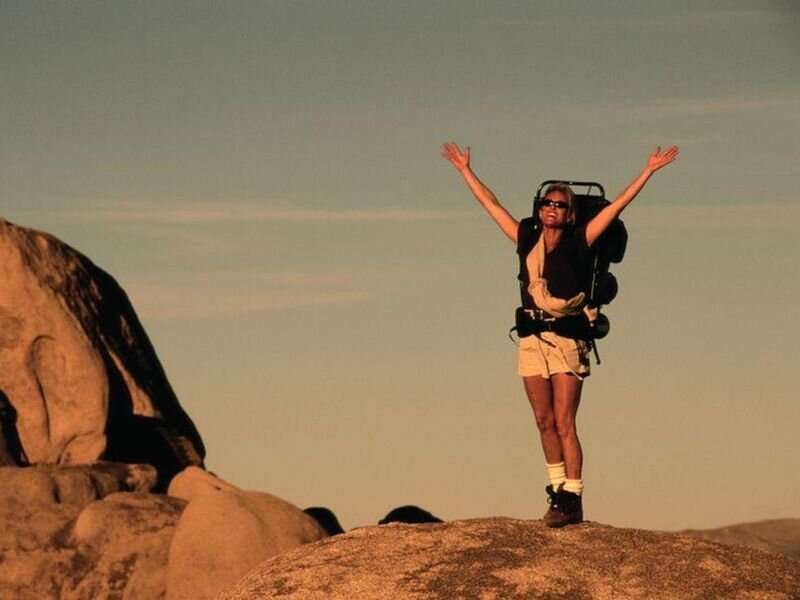As you head into the great outdoors this summer, keep safety in mind, an expert says.
Drowning is one of summer's risks. It only takes a few seconds and can happen without an obvious struggle, according to Dr. Seth Hawkins, a wilderness medicine expert and assistant professor of emergency medicine at Wake Forest Baptist Health in Winston-Salem, N.C.
Adults must always closely supervise children when they're in the water and should always be within arm's reach.
Ocean currents can be menacing. If you're caught in a rip current, swim parallel to shore. Once free of the current, swim diagonally to shore.
Other risks include heat stroke and heat exhaustion. Signs of heat exhaustion include nausea, fatigue, dizziness, weakness or rapid pulse. Someone suffering from heat exhaustion can recover by resting in the shade and drinking cool fluids, said Hawkins, who is also medical director for North Carolina state parks.
Heat stroke is life-threatening. The main sign is an altered mental state, but other signs include seizures, agitation, confusion, slurred speech or loss of consciousness.
If someone is suffering from heat stroke, immediately call 911 and immerse the person in, or douse them with, cold water, Hawkins advised.
When you go hiking, wear hiking shoes with a good grip. Never climb on or around waterfalls and never play in the stream or river above a waterfall.
Watch children carefully and stay on designated trails and observation decks and platforms, Hawkins said.
Be cautious around steep drop-offs. Stay one body length away from the edge of cliffs and don't climb or walk over rocks at the edge of cliffs as they may be unstable.
"Although our wilderness and emergency medicine teams help train rescue squads and first responders from across the region, injuries often occur in remote areas that are very difficult for emergency crews to access," Hawkins said in a Wake Forest Baptist news release.
"We are fortunate to live in an area with an abundance of natural resources and opportunities to enjoy nature, and by always being prepared and responsible and exercising good judgment, we and our loved ones can safely enjoy the great outdoors," he added.
More information: The U.S.-based National Safety Council has more on summer safety.
Copyright © 2021 HealthDay. All rights reserved.






















